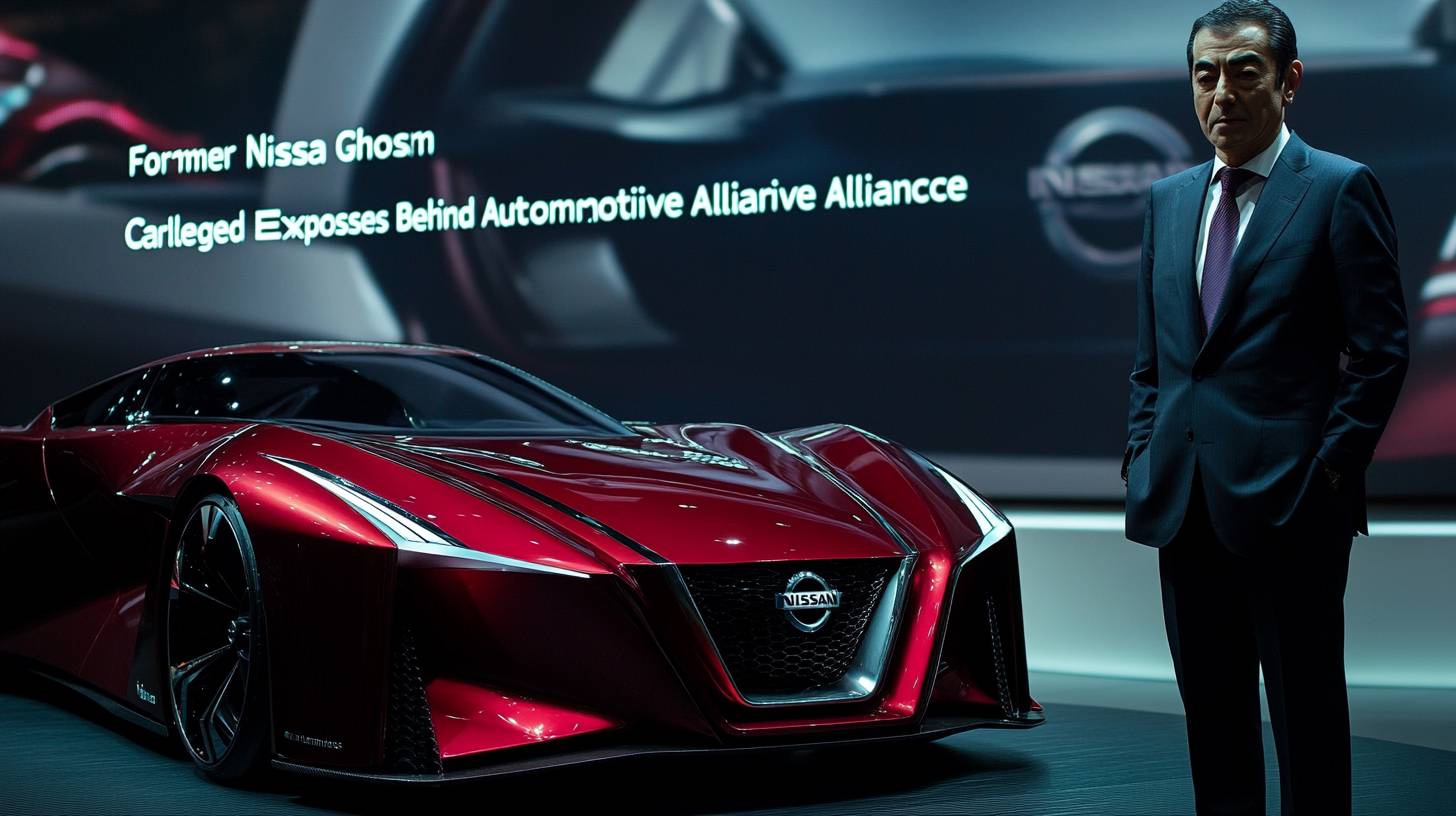
New Alliance Formed by Japanese Automakers
On August 1, Japanese car manufacturers Honda and Nissan announced the inclusion of Mitsubishi into their robust alliance, aimed at collaboratively advancing electric vehicle (EV) and software technology.
Mitsubishi Motors CEO Takao Kato expressed that the partnership among the three companies would enhance each firm’s competitiveness within the rapidly changing automotive sector.
“Discussions between Nissan and Honda regarding a potential partnership have made headway, and we have opted to join this initiative,” Kato stated.
“In an era of swift transformation within the automotive industry driven by technological advancements like electrification and intelligence, collaboration with partners is crucial. We believe this joint effort will unlock new opportunities across various domains for the three companies.”
A collaboration such as that of Nissan, Mitsubishi, and Honda is essential in the face of affordable, cutting-edge EVs from Chinese firms like BYD carving out a presence in markets that the Japanese trio previously dominated.
By uniting their efforts, the three companies can hasten the EV development process while minimizing their individual investments in research. Nissan and Honda have already agreed on a strategy they call “mutual vehicle complementation,” allowing them to share models and enhance their respective lineups of electric and gasoline-powered vehicles.
Although details of the new agreement are still being finalized, Nissan and Honda have reported that their engineering teams are already collaborating on foundational aspects of software-based vehicles.
Controversial Insights from Carlos Ghosn
While this development appears positive for Honda, Nissan, and Mitsubishi, a significant figure has expressed skepticism, suggesting there may be ulterior motives at play.
Famed controversial automotive executive and former Nissan CEO Carlos Ghosn has claimed that there are dubious elements involved in the partnership among Honda, Nissan, and Mitsubishi, as stated in his interview with Automotive News.
Ghosn asserts that Honda is orchestrating a “hidden takeover” of Nissan and Mitsubishi. He considers Honda the largest of the three Japanese manufacturers and essentially in a position to dictate terms.
“I can’t envision how Honda and Nissan will operate together unless it’s a takeover, unless Honda covertly takes control of Nissan and Mitsubishi with Honda in a commanding role,” Ghosn remarked.
“It will be a takeover, a concealed takeover.”
Ghosn indicated to the publication that such an alliance with Honda would not have been conceivable during his leadership at Nissan, emphasizing that “initiating an alliance is the straightforward part” and “ensuring its success is a vastly different matter.”
“Declaring they will collaborate constitutes merely 5 percent of the challenge. The remaining 95 percent encompasses the areas that necessitate serious discussions, firm stances, and a clear division of labor,” Ghosn stated.
“You must focus on synergies. It’s vital to avoid becoming overly concerned with your identity or national origin. Prioritizing financial outcomes, increasing revenue, and reducing expenses is essential.”
Ghosn’s association with Nissan commenced in 1999 with the establishment of the Nissan-Renault alliance. The French carmaker held a 43.4 percent stake in the Japanese company, 5% of which it sold back to Nissan in 2023.
After taking the helm as CEO of Nissan in 2001, Ghosn led the company for nearly two decades, instituting significant changes that earned him the moniker “Le Cost Killer” during his tenure at Renault.
Ghosn reformed the corporate framework and operational methodologies within the Japanese firm. Additionally, iconic vehicles like the all-electric Nissan Leaf and the Nissan GT-R supercar were launched during his leadership.
However, all narratives must reach a conclusion. Ghosn’s downfall ensued with his arrest by Japanese authorities in November 2018 on allegations of misusing Nissan funds and intentionally under-reporting his salary over five years.
Currently, he is widely recognized for his escape from house arrest in Japan. In December 2019, under the cover of night, Ghosn fled to Lebanon, his home country, which does not extradite its citizens.
His escape involved concealing himself within a large box designed for transporting musical instruments, an experience he recounted to the BBC in 2021 as “the longest wait I’ve ever endured in my life.”

